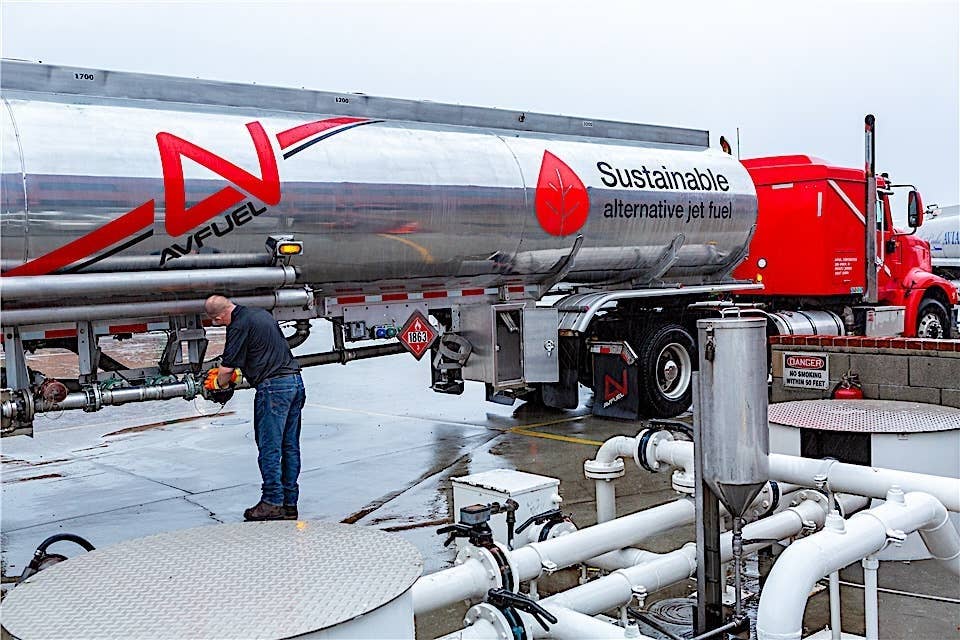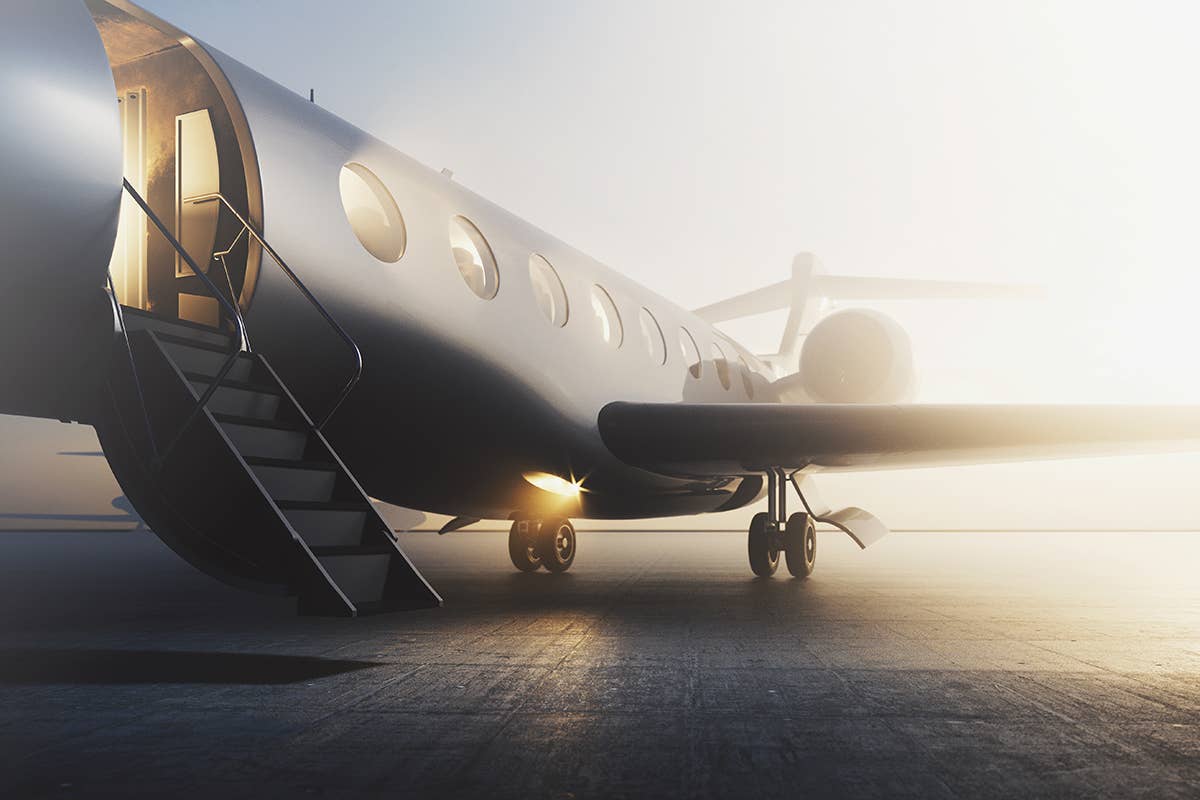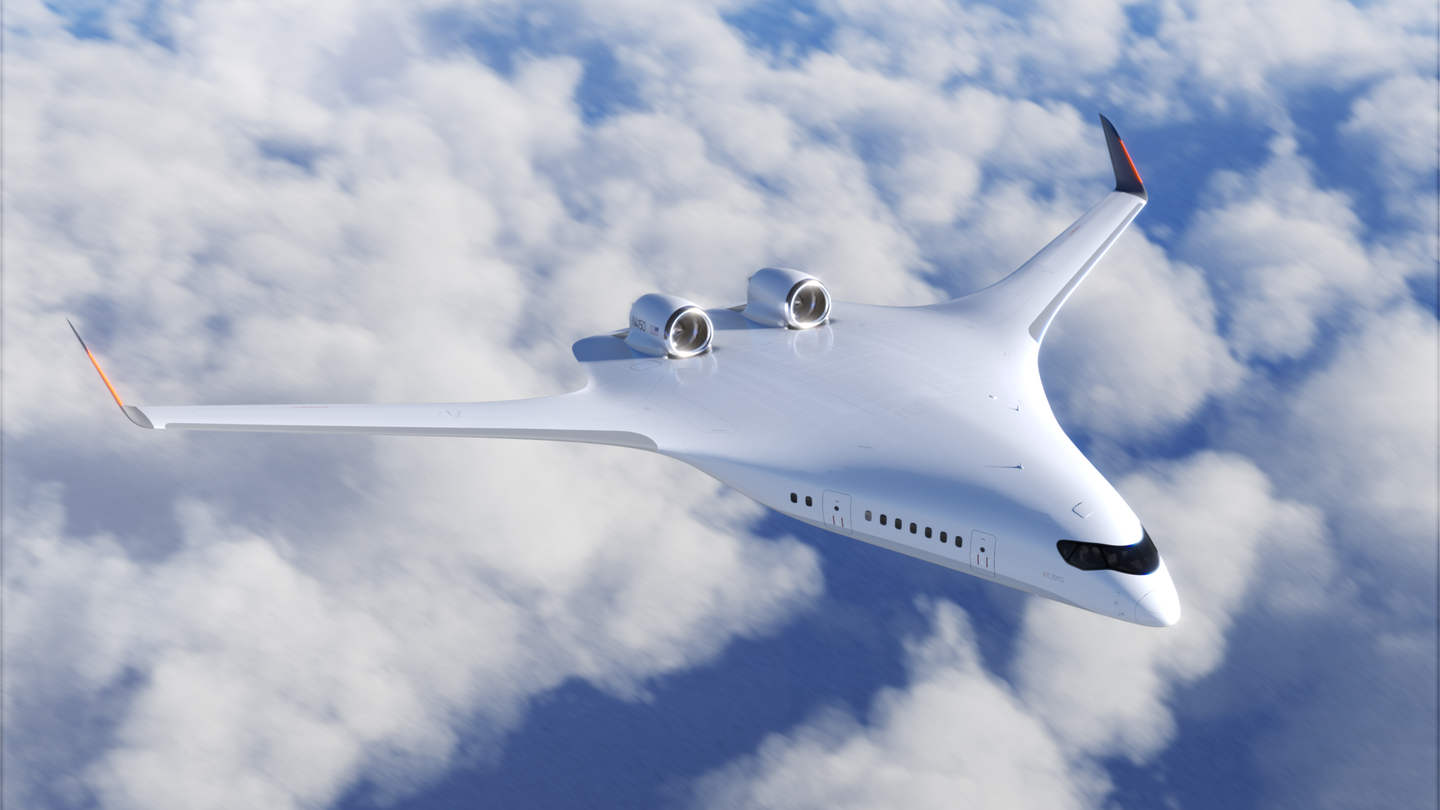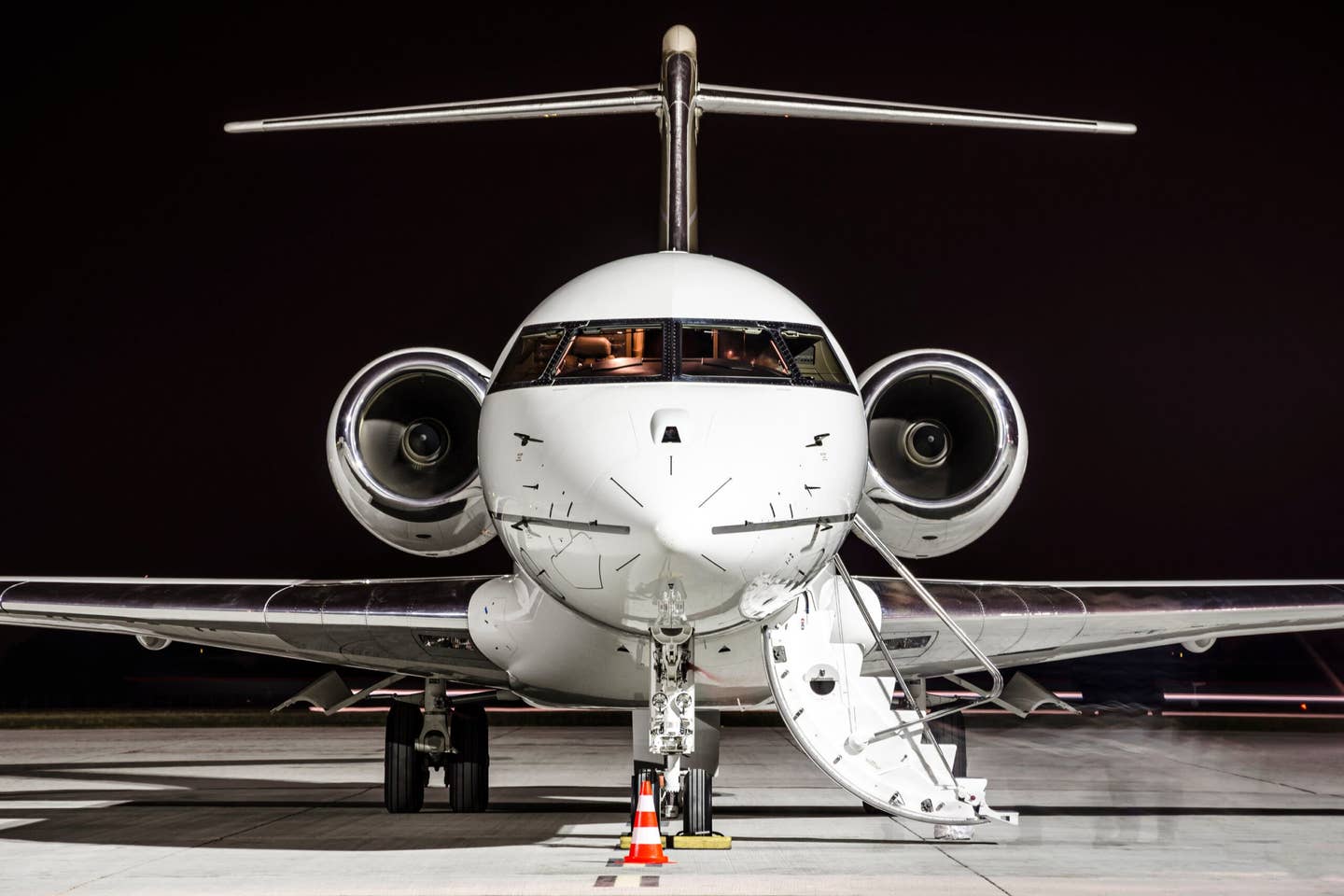FAA Awards More Than $16 Million to Improve Fuels, Cut Noise
The funding is broken up into a total of 43 grants that research teams at the selected universities will be able to leverage for their work.
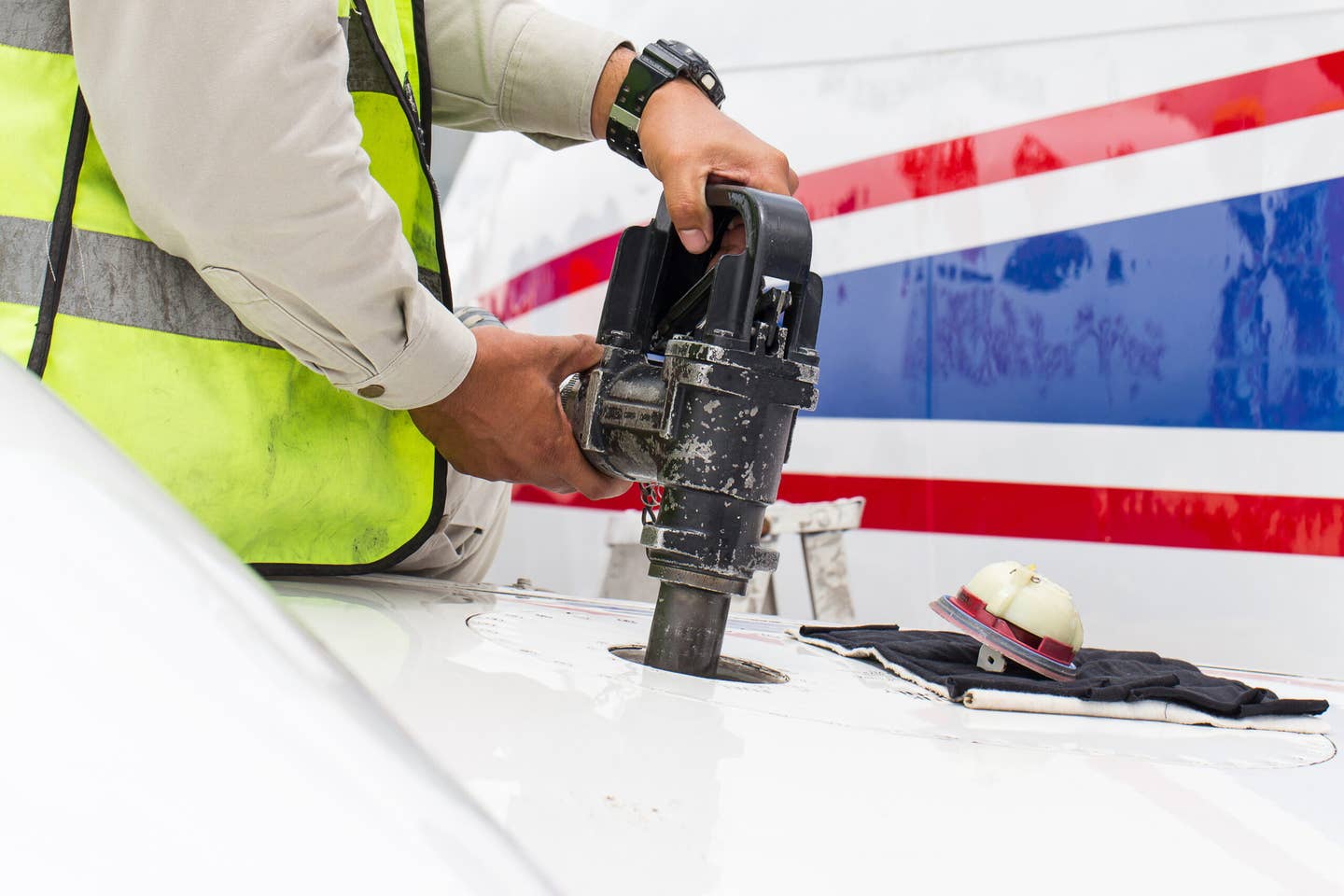
As part of the collective efforts to increase sustainable practices, the FAA launched a program to match more than $100 million in grants to companies developing technologies that reduce fuel use, emissions, and noise. [Courtesy: Adobe]
The FAA granted more than $16 million to 14 universities nationwide to conduct research focused on reducing noise and emissions, it announced.
The funding is broken up into a total of 43 grants that research teams at the selected universities will be able to leverage for their work. The university teams are part of the Aviation Sustainability Center (ASCENT), which is part of the FAA’s Air Transportation Center of Excellence for Alternative Jet Fuels and Environment.
Launched in 2013, ASCENT is primarily a cooperative aviation research organization co-led by Washington State University and the Massachusetts Institute of Technology, in collaboration with the FAA, NASA, the Department of Defense, the Environmental Protection Agency, and Transport Canada. As a co-lead of ASCENT, MIT has the benefit of sharing in more than $5.2 million of the total funding in the projects it is partnering with other universities.
The awards are considered an investment in the future, according to one top transportation official. “The awards we are making will fund research at universities across the country for a more sustainable American aviation system," U.S. Transportation Secretary Pete Buttigieg said in a statement.
The groups will research various sectors, including sustainable aviation fuel, alternative jet fuel supply chains, electrification, noise reduction, noise exposure, hydrogen propulsion, engine technology, supersonic operations, and environmental measurement.
Sustainable Aviation Fuel Projects
Washington State University, the University of Tennessee, and Pennsylvania State were awarded $769,136 collectively to look for alternative jet fuel supply chains that might be regionally available. Additionally, they will examine the potential for increased domestic fuel production, especially in rural areas.
Washington State University and Massachusetts Institute of Technology (MIT) were awarded $758,026 to find new methods and procedures to produce SAF with reduced life cycle emissions.
Purdue University and MIT were awarded $800,000 to evaluate environmental benefits to the climate from sustainable aviation fuels. With a $2.4 million award, the University of Dayton, the University of Illinois, and Stanford University will conduct testing of novel fuel types to ensure they are safe for use. Additionally, they will help existing efforts to approve 100 percent sustainable aviation fuel use in existing aircraft. Finally, Missouri University of Science and Technology received a nearly $2.1 million award to measure combustion emission reductions from sustainable aviation fuels.
Improving Future Propulsion
MIT was awarded $460,000 to study the challenges and opportunities with hydrogen and battery-powered flight. $750,000 went to Purdue University and Georgia Institute of Technology so that they could investigate how fuel injector design and fuel pre-heating could be used to reduce soot emissions from jet engines.
Finally, Georgia Institute of Technology and MIT received $1 million to look for opportunities to cut noise and emissions through aircraft and engine design.
Improving Air Quality & Reducing Noise
To support ongoing efforts to make airworthiness standards to regulate aircraft CO2 emissions more strict, the FAA awarded the Georgia Institute of Technology and MIT $1.9 million.
MIT also earned another $250,000 to develop new metrics to quantify nitrogen oxide emission during the entire aircraft mission, including taxi, takeoff, cruise, and landing. Finally, Boston University was awarded $549,921 to study aviation emissions impact on air quality in various communities.
Focus on Sustainability
In November 2021, the U.S. launched a comprehensive plan to reach net-zero emissions by 2050 that requires scaling up sustainable aviation fuel (SAF) productions and other related factors. The ASCENT Program incentivizes leading research groups and industry stakeholders to find sustainable solutions.
As part of the collective efforts to increase sustainable practices, the FAA launched a program to match more than $100 million in grants to companies developing technologies that reduce fuel use, emissions, and noise.

Sign-up for newsletters & special offers!
Get the latest FLYING stories & special offers delivered directly to your inbox

